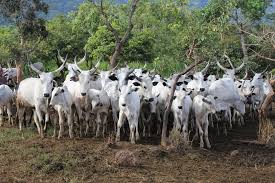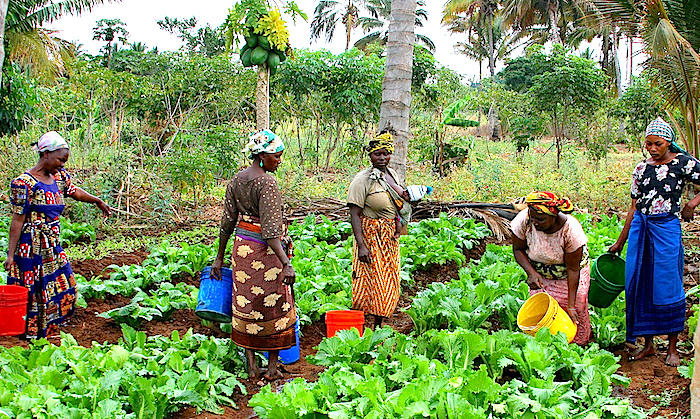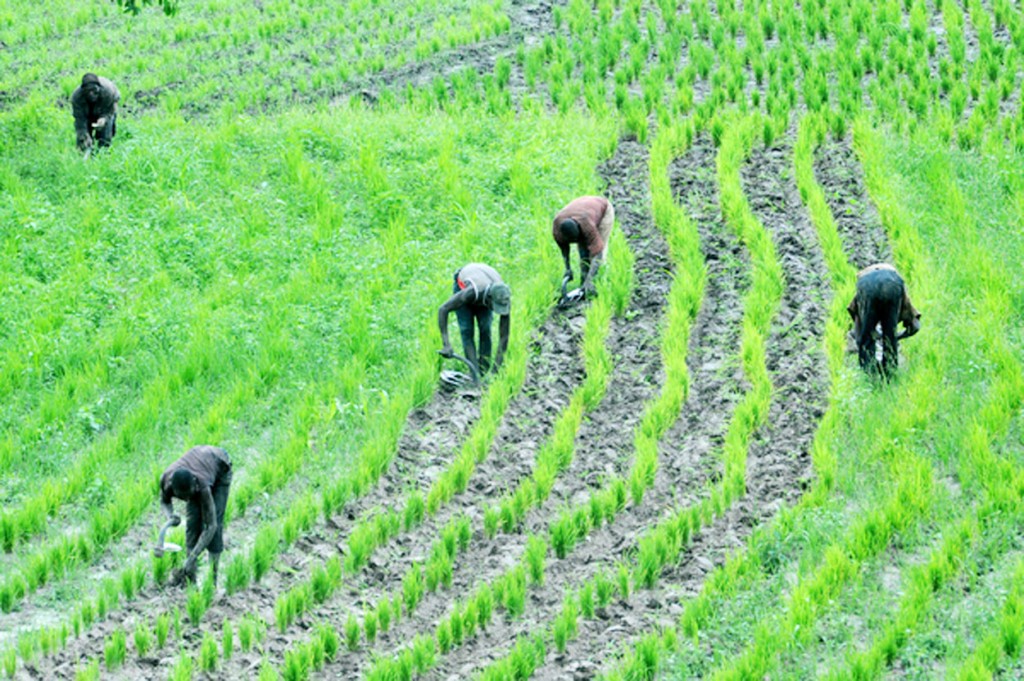Conduct Animal Census, Expert Tells FG
Mr Ibrahim Ahmadu, Chief Executive Officer, Sponge Analytics Nigeria, has advised the Federal Government to conduct an animal census so as to facilitate the development of the nation’s livestock sector.
Ahmadu gave the advice in an interview with newsmen in Abuja on Wednesday. He said that such exercise would pave the way for livestock traceability, management and disease surveillance, with a view to treating the diseases on time.
“We are talking of plans to diversify our oil-based economy into an agriculture-based economy and yet, we do not have animal identification.
“We thought about insurance, increased investments in the sector but without proper animal identification, there would be no data and without data, there would not be investments in the sector from financial agencies and individuals.
“Of all the enterprises in the livestock sector, only the poultry industry has achieved an appreciable level of commercialisation. “Other industries in the livestock sector are predominantly in the hands of subsistence farmers, with the pastoralist system of production contributing over 90 per cent of cattle production in the country,’’ he said.
Ahmadu said that the animal census, which conducted by the Federal Ministry of Agriculture and Rural Development (FMARD) in 2016, was not precise, adding that the 1991 animal census was more accurate. He quoted the FMARD report as saying that the 2011 National Agricultural Sample Survey indicated that Nigeria was endowed with an estimated 19.5 million cattle, 72.5 million goats, 41.3 million sheep, 7.1 million pigs and 28,000 camels.
“They are saying the country has 145 million chicken, 11.6 million ducks, 1.2 million turkeys and 974, 499 donkeys.
“The minister was impressive with the statistics which, he said, had made Nigeria the leading country in livestock production in Africa. “All the same, the output has yet to meet the national demand for animal protein or contribute to the nation’s Gross Domestic Product (GDP) over the years,’’ he said.
Ahmadu said that the animal census would give the government correct data as regards where, how, who owned what in the livestock sector, adding that the knowledge would enable the country to sustain its top position in Africa.
He said that it would also help the exportation of livestock to other countries. “Nigeria has the largest livestock market in West Africa, which is Lagos, in terms of consumption; based on the statistics of Lagos State Commissioner of Agriculture in Lagos, about 6,000 cows are slaughtered in Lagos every day.
“All these animals are coming from the North and based on economic calculations, the transaction is worth one billion naira daily,’’ he added.
Ahmadu, who underscored the need to develop and strengthen the country’s livestock sector, urged Nigerians to stop looking at the sector strictly as a cultural thing “because a cow does not live on languages but on grass and others.
“If this is done, we will stop the generalisation of criminality and see cattle breeding as a good economic venture that can create a lot of jobs,’’ he said. He also urged the Federal Government to provide irrigation facilities for all-year commercial fodder production so as to engender the settlement of pastoralists, while improving livestock production via expanded breeding programmes through schemes such as artificial insemination.
He said that pragmatic efforts should be made to improve the livestock sector and the dairy industry with considerable emphasis placed on the development of their value chains.




